The RTA is working on in partnership with the Ann Arbor Area Transportation Authority (AAATA), the Detroit Department of Transportation (DDOT), the Detroit Transportation Corporation (DTC)/The People Mover, M1 Rail/QLine, and Suburban Mobility Regional Transportation Authority (SMART) on several planning and pilot projects aimed at moving the region’s people, investing in the region’s future, enhancing the region’s quality of life, and connecting the region’s communities. See below for information on all of the RTA’s active projects.
In July 2016, RTA adopted a Regional Master Transit Plan (RMTP). The RMTP is a fiscally constrained plan that offered realistic solutions to our unique regional mobility problems.
In November 2016, RTA took a referendum to the voters of all four counties in the region to fund the local portion of the RMTP. That referendum was narrowly defeated. Since that time, the RTA has been working with transit providers, elected officials, stakeholders, and the public to evolve the vision of the RMTP to better align with the contemporary mobility needs of the region.
The RTA secured federal 5310 dollars to fund MyRide2 travel management services for our region. MyRide2 provides mobility management services for seniors and adults with disabilities throughout the RTA region. It includes information on 187 providers, including all major transit providers, non-profit and social service providers, local government services, and private transportation providers. It receives an average of 264 calls and 658 web hits every month for trip planning services. That number has grown by 89% over the last 5 years (average increase of 13% per year). In 2019, MyRide2 directly booked over 4,000 trips for people in the RTA region. When coupled with calls for trip planning and booking directly received by the major transit providers there is over 50,000 opportunities a month for an expiated customer experience.
In December 2020, the RTA, in partnership with the transit providers and key stakeholders, completed the development of the first regional coordinated human service transportation plan for Southeast Michigan (Macomb, Oakland, Washtenaw, and Wayne Counties). OnHand: Expanding Transportation Access Across Southeast Michigan is a regional strategy to strengthen coordination among transportation programs. The plan focuses on services that enhance mobility for older adults, people with disabilities, and people with low incomes. It is also intended to guide future regional transportation investment decisions. The RTA also developed an updated Program Management Plan that directs the implementation of a regional call for projects for federal Enhanced Mobility of Seniors & Individuals with Disabilities program (Section 5310).
In early 2019, the RTA was awarded a Michigan Mobility Challenge grant to use innovative technology solution to design and implement a pilot project that allows users to manage and book ADA paratransit rides across multiple counties. Over the course of the last year, the RTA has partnered with the Southeast Michigan Council of Governments (SEMCOG), the Area Agency on Aging 1-B (AAA1B), AAATA, DDOT, SMART to design a solution that focuses on a way for a paratransit rider to easily request a ride through a mobile app, as well as see up to date information about that ride. Additionally, the solution should provide an interface for schedulers to interact with digital ride requests, while reducing call volume and preventing invalid requests from being sent. A roll out of the app is anticipated to be ready in Summer/Fall 2020.


